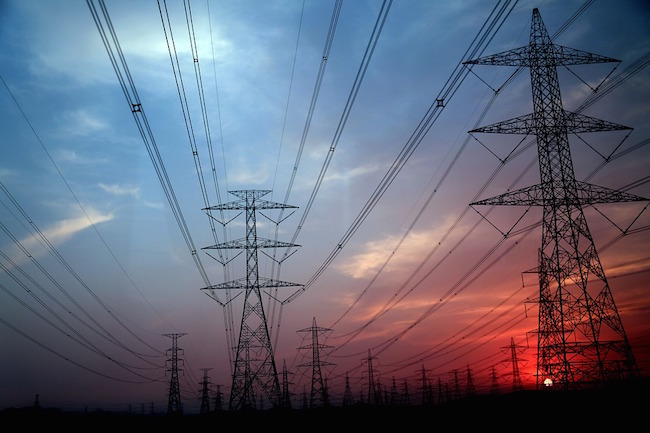How to Prep for a Cyberattack by Daisy Luther for The Organic Prepper
With cyberattacks becoming more and more frequent, we’re starting to see the exceptionally dangerous vulnerabilities in our infrastructure. From the person who hacked the municipal water supply in Florida to the Colonial pipeline attack to the cyberattack that took out most of the power to Puerto Rico, we’ve been shown that the possibilities are infinite.
And with the upcoming “wargame” of Cyber Polygon coming up next month, a lot of people are on edge, as the World Economic Forum and other rich and powerful folks have an uncanny track record of “practicing” an event right before it happens. Think about Clade X and Event 201, for example.
I’m far from the only person noticing these “coincidences.”
What is Cyber Polygon?
I’m glad you asked. Here it is, straight from the horse’s mouth.
Cyber Polygon is a unique cybersecurity event that combines the world’s largest technical training exercise for corporate teams and an online conference featuring senior officials from international organisations and leading corporations.
The 2021 conference discusses the key risks of digitalisation and best practice for the secure development of digital ecosystems.
The 2021 technical exercise builds and tests the skills needed to protect our industries, centring on a targeted supply-chain attack. (source)
Oh – that’s interesting. The supply chain. You know, the one we’re already struggling with even though the mainstream wants you to believe everything is just fiiiinnnne.
It’s not like a shortage of supplies could be hidden behind a “cyberattack” or anything.
The thing is, whether it’s real or manufactured, a cyberattack is something for which we should all be prepared. Just like I always write when talking about events like mass shootings, it doesn’t matter while you’re in the moment who’s responsible. What matters is surviving. We can thrash out who is responsible later.
So let’s talk about how to prepare for the potential of a cyber attack.
How does a cyber attack affect you?
You may think that if you don’t spend your day working online, that an attack on our computer infrastructure isn’t that big of a deal. You may feel like it wouldn’t affect you at all.
Unfortunately, there are very few people in the country that would remain completely unaffected in the event of a major cyber attack. Our economy, our utility grids, and our transportation systems are all heavily reliant upon computers. This makes us very vulnerable to such an attack.
And by vulnerable, I mean that if it was done on a big enough scale, it could essentially paralyze the entire country.
Here are some of the systems that are reliant on computers.
In the event of a widespread cyberattack, the following could be either completely inoperable or breached. Keep in mind that a domino effect could occur that affects systems beyond the original target.
- Gas stations (most of the pumps are now digital and connect right to your bank) – looking at YOU, Colonial Pipeline.
- Banks (all of the records are online) would not be able to process electronic transactions. ATM machines would not function to allow customers access to cash.
- Utility systems (most power stations are run by computers)
- Water treatment facilities (these are automated too)
- Protection of personal information, including data about your finances, medical records, physical location, and academic records – everything a person would need to steal your identity
- Government operations, including dangerous identifying information about federal employees or members of the military
- Transportation systems (trains, subways, and planes are heavily reliant upon computers)
- Traffic management systems like stoplights, crosswalks, etc.
- Air traffic control
- Everyday trade – most businesses have a computerized cash register that communicates directly with banks. Many businesses are also reliant on scanning bar codes for inventory control and pricing. Point-of-sale systems would be down and people would not be able to pay using credit or debit cards.
- Telecommunications systems can be affected if cell towers are disabled or if the landline system were directly attacked. As more people rely on VOIP, taking down internet service would serve a dual purpose.
- SMART systems could be shut down or manipulated. All of those gadgets that automate climate control, use of utilities, or appliances through SMART technology are vulnerable.
Here’s a video from NATO that expla




